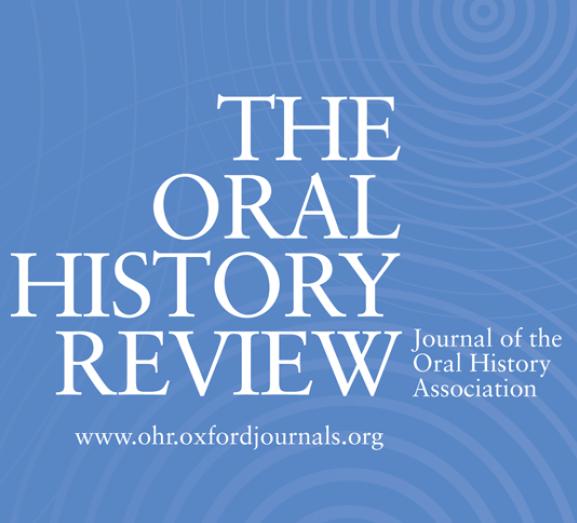Check out Professor Brudney’s new article on oral history, labor organizing, and authoritarianism in the Oral History Review.
Dr. Brudney’s article “Individual Life Histories and Emblematic Memories: Conducting Oral Histories in Post-Conflict Argentina” (available here) interrogates the relationship between individual memories and frameworks for collective remembering in Argentina since the most recent civic-military dictatorship (1976–83). Drawing on long-form, semistructured interviews with the former secretary general of one of Argentina’s largest unions, he analyzes a moment of conflict in which the narrator confronted archival evidence that contradicted a key claim within his life story: namely, that he had not interacted with regime authorities. The narrator responded to these documents by explicitly claiming that they had been falsified. What was only partially understood at that moment was that the discrepancy between the narrator’s claims and the documentary evidence echoed long-standing accusations that he had either been complicit or actively collaborated with the dictatorship in the 1970s. The article is an attempt to make sense of his reaction along two axes. First, Dr. Brudney situates the narrator’s denial of the evidence within the sociopolitical context of Argentina in 2015, analyzing how that denial fits alongside broader shifts in collective memory frameworks. He suggests that the thematic scaffolding of the narrator’s life story can help illuminate a more general response to the dominant emblematic memory of the time. Second, he interrogates their interpersonal relationship and look at the power dynamics that enabled the narrator to feel confident in asserting that the evidence was counterfeit. Dr. Brudney argues that our interaction sheds light on problems within oral history methodologies related to assumptions about truth, clashes of personality, and differing levels of linguistic comfort. By considering the narrator’s life story, the accusations against him, and his refutation of evidence that ran counter to his interpretation of the past, the article suggests that this incident helps illuminate how narrators remember, and forget, specific aspects of their lives to better fit post-conflict emblematic memories.
